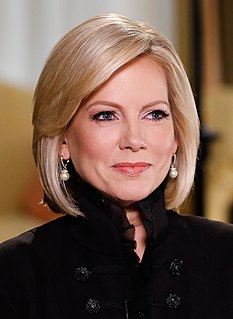A Quote by Montel Williams
The president has the right to select who he wants for the Supreme Court. He doesn't have to get it cleared from Congress, Senate or anybody... No president before this has come under this kind of scrutiny ... before the committee hearings even begin.
Related Quotes
When President Donald Trump nominated Judge Neil Gorsuch to serve on the Supreme Court, I said that he deserved a fair hearing and a vote. I said this even though Senate Republicans filibustered dozens of President Obama's judicial nominees and then stopped President Obama's Supreme Court nominee, Judge Merrick Garland.
While the president is to nominate that individual [to Supreme Court], we in the Senate must provide our advice and consent. This function is not well-defined. The Constitution does not set down a road map. It does not require hearings. In fact, it does not even require questioning on your understanding of the Constitution nor the role of the Supreme Court.
Whoever is standing up telling the white man that his position is unjust and that the black people should not have to wait for any Supreme Court, Congress or Senate to legislate, or even the president to issue any kind of - of a proclamation to better the condition of our people, if a N - if he - if a, if a Negro leader is standing up, making that point clear, then he's all right with us.
When it comes to the Supreme Court, the American people have only two times when they have any input into how our Constitution is interpreted and who will have the privilege to do so.First, we elect a president who has the power to nominate justices to the Supreme Court.Second, the people, acting through their representatives in the Senate, have their say on whether the president's nominee should in fact be confirmed.
Now, President Obama has to make a decision. He can either propose a nominee who can win over the majority in the Senate or defer his choice to the voters, who in November will elect a new President and a new Senate, which will be responsible for confirming a nominee who will provide balance to the Supreme Court.
It's something, since the nomination and confirmation hearings of Justice Ginsberg, that's really become kind of an unwritten rule, this "I can't answer a question if it's a potential issue that's going to come before me on the Supreme Court." I think that most senators have come to accept that as a very legitimate answer. They don't love it, they're not happy, but it is legitimate when you put it in that context.
































